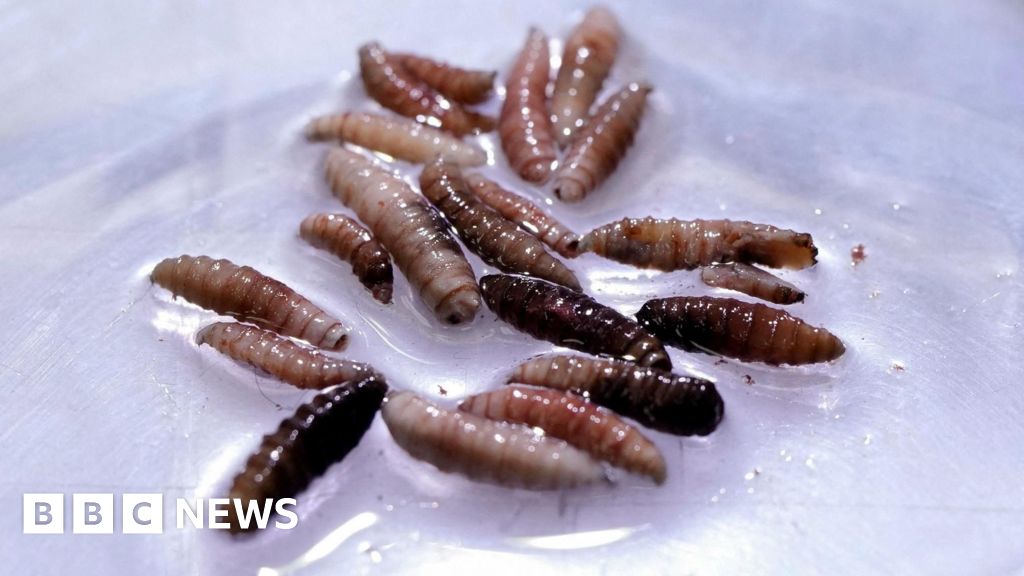The first human case of a flesh-eating parasite infestation has been confirmed in the US, authorities say.
New World screwworm (NWS) myiasis was found in a patient who returned to the US from El Salvador, the Department of Health and Human Services said on Monday. The case was confirmed on August 4.
NWS myiasis is a parasitic infestation of fly larvae, or maggots, caused by parasitic flies.
The pest primarily affects livestock, and authorities have said the risk to US public health is currently 'very low.'
The Centers for Disease Control and Prevention (CDC) worked with Maryland's health department to investigate the case. HHS spokesperson Andrew Nixon stated that it is the first human case of travel-associated NWS myiasis from an outbreak-affected country identified in the US.
This serious pest, which feeds on living tissue, is typically found in South America and the Caribbean. Despite efforts to contain its spread north, cases have now been confirmed in every Central American country, including Mexico.
Humans, particularly those with open wounds, are susceptible to infestation, with higher risks for travelers to these regions and those near livestock in rural areas, according to the CDC.
The USDA's Animal and Plant Health Inspection Service has partnered with various agriculture agencies and organizations to respond adequately to the outbreak.
'When NWS fly larvae burrow into the flesh of a living animal, they cause serious, often deadly damage to the animal,' according to the USDA. 'NWS can infest livestock, pets, wildlife, and in rare cases, people.'
A screwworm outbreak in livestock could have severe economic implications, threatening over $100 billion in economic activity related to the cattle and livestock industry, warned the USDA earlier this month.



















